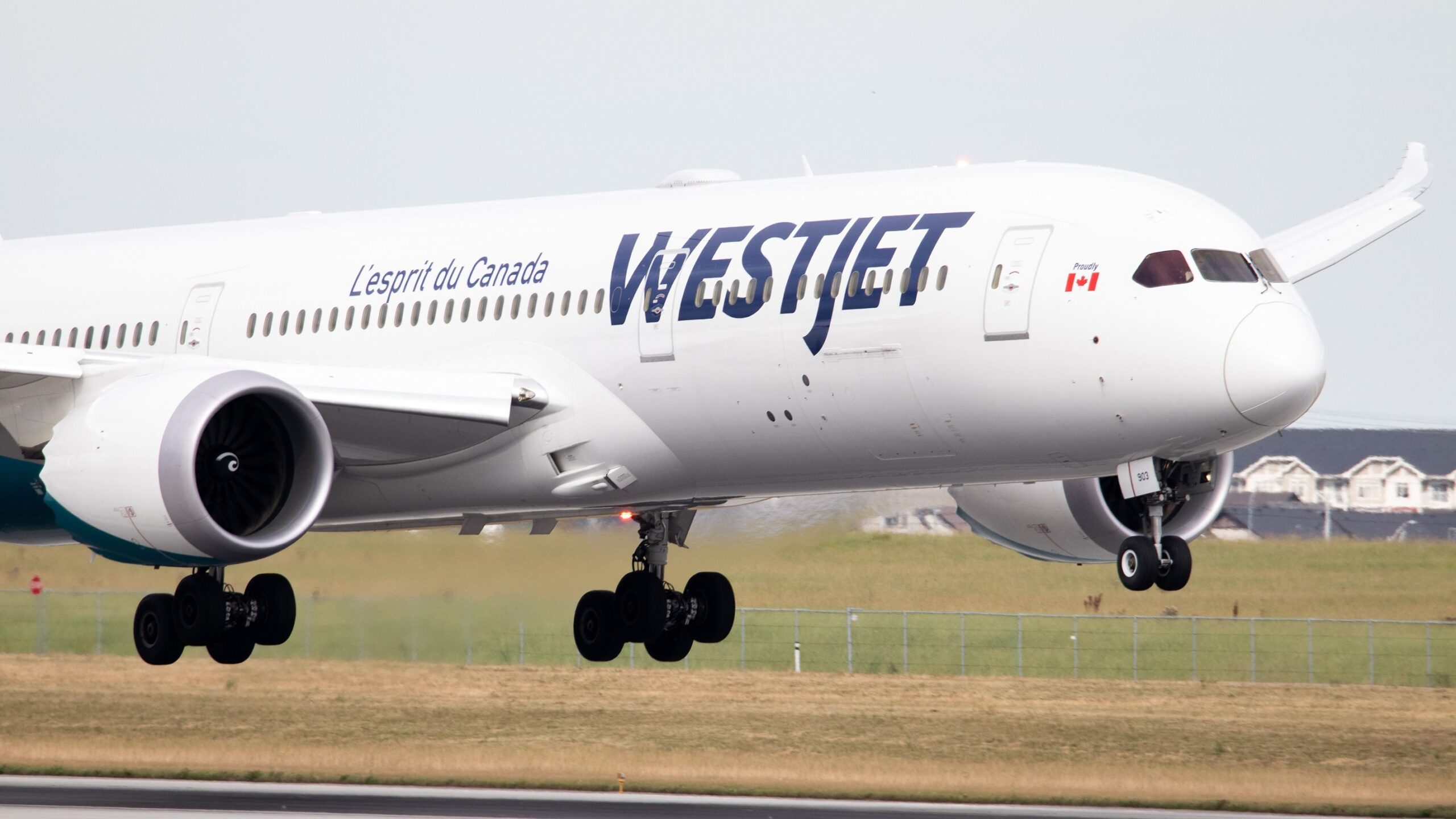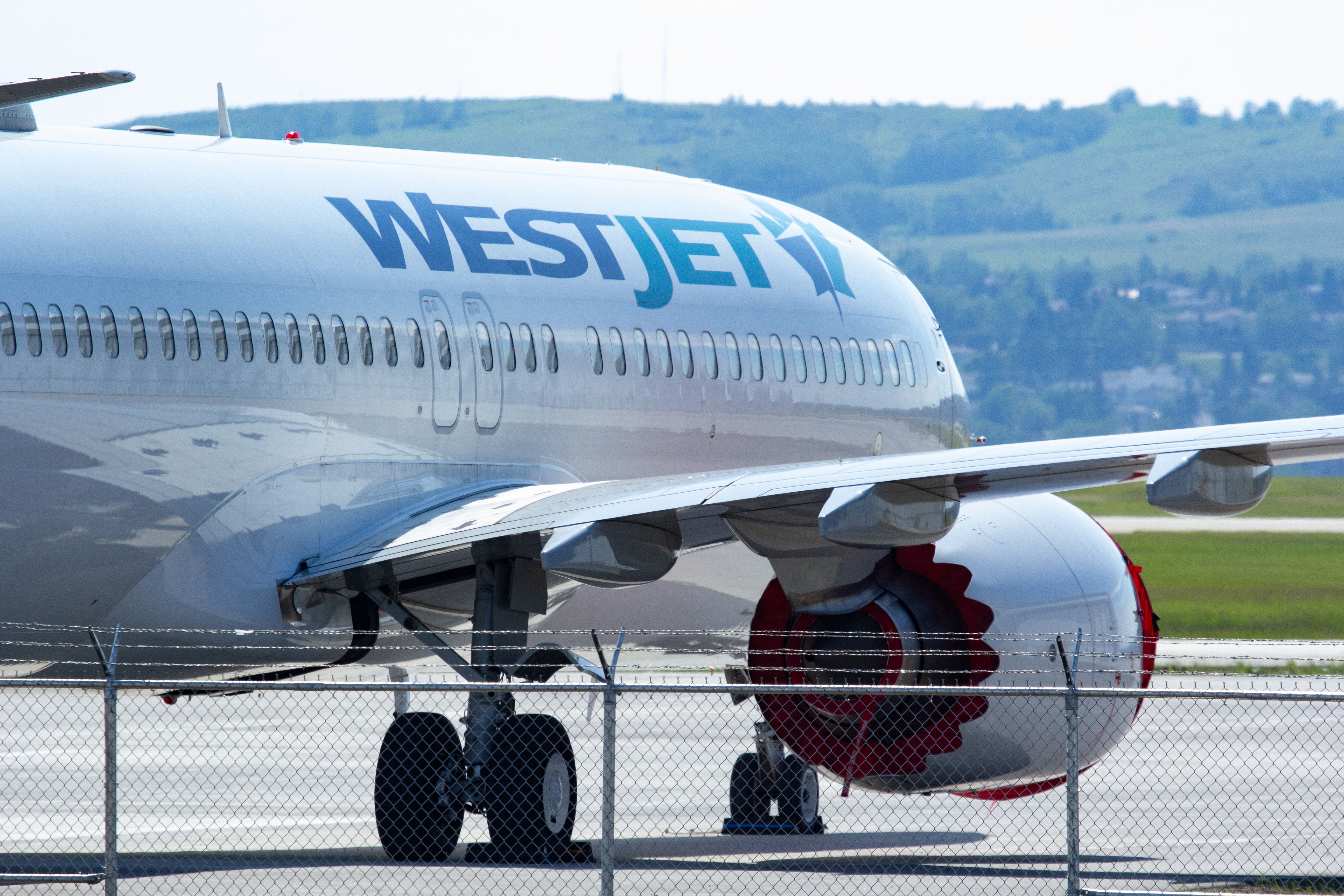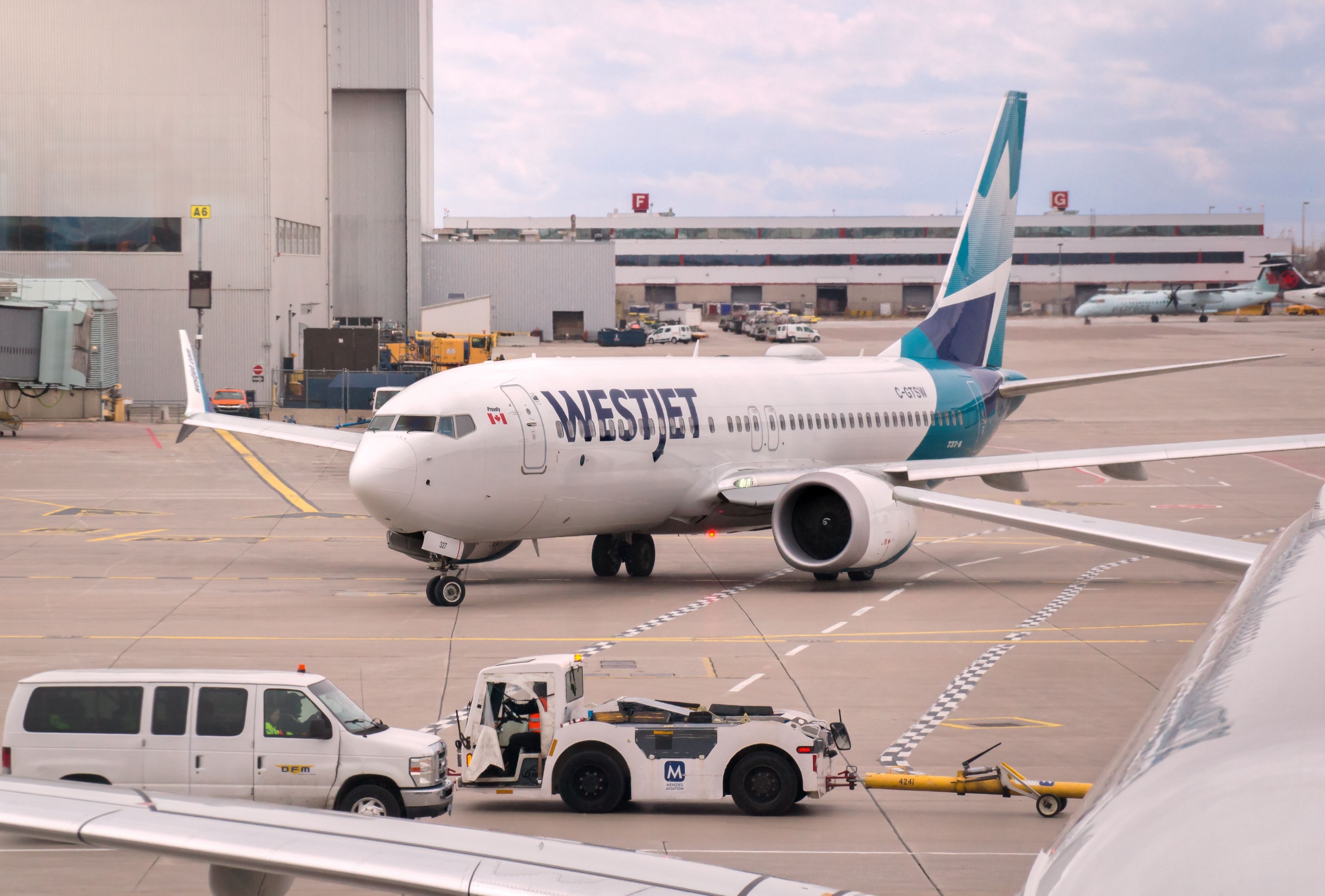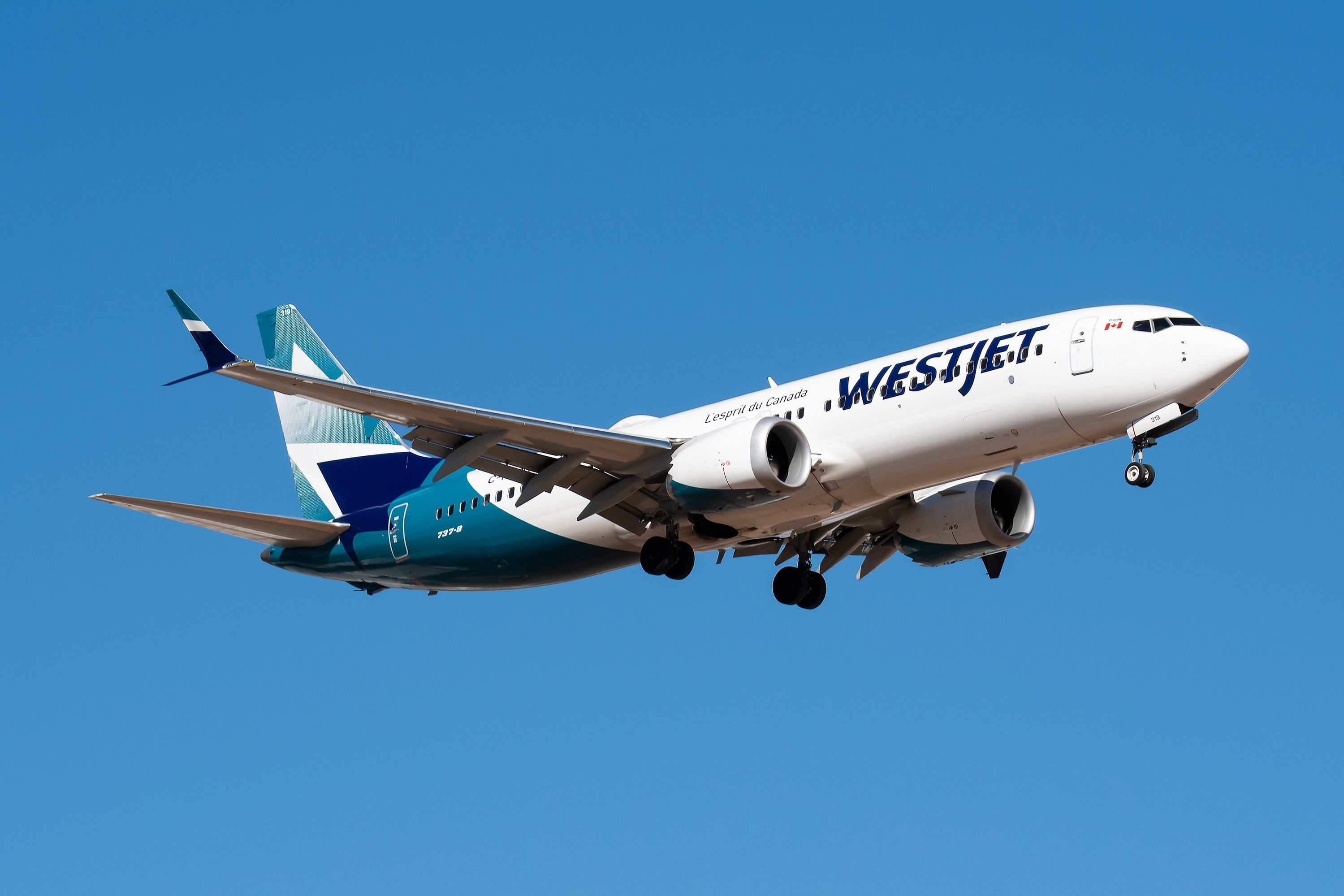Summary
- The Competition Bureau is studying Canada’s airline industry competition, entry barriers, and consumer choice.
- WestJet argues that government policies unique to Canada are to blame for increased airfares.
- WestJet recommends freezing fees, reviewing aviation infrastructure, and stopping duplicative airport charges.
Canada’s second-largest airline, WestJet, has given a detailed reply to the government in response to the market study by the Competition Bureau to see if the airline industry in the country has enough competition. The airline says the government’s policies are the primary reason for increased airfares, some of which are unique to Canada.
Study to examine competition
Canada’s Competition Bureau has officially launched a market study of competition in domestic air passenger services. It aims to examine the following three topics:
- The state of competition in Canada’s airline industry;
- The barriers to entry and expansion that exist in the domestic industry; and
- The impediments to Canadians seeking to make informed choices for air travel.
Photo: Alex JW Robinson | Shutterstock
Matthew Boswell, the commissioner of Competition, cited Canadians’ frustration with the cost and quality of domestic service as the reason for launching this study. Through this study, the government aims to “examine the current state of competition in Canada’s airline sector and to determine what can be done to improve it.”
WestJet’s response
WestJet’s Vice President, External Affairs, Andrew Gibbons, has posted a reply on behalf of the airline saying that WestJet is, in fact, the carrier that democratized air travel in Canada by disrupting a dominant incumbent. He questioned the terms of reference for the study, saying that they overlook many key barriers that are unique to Canada and which increase the cost of traveling for domestic passengers.
One of the things pointed out in the open letter posted on X was Canada’s tax and regulatory environment, which Gibbons called uncompetitive, resulting in stifled competition. He even turned around the Bureau’s argument of citing Lynx Air’s insolvency as an example by highlighting that the carrier itself said that its failure was partly because of the difficult regulatory and economic environment and high airport charges.
Photo: Vadim Rodnev | Shutterstock
The letter further pointed towards the high mandatory third-party fees that ultimately trickle down to ticket prices to be paid by the traveler. Gibbons said that the fees, which are part of the user-paid infrastructure model, are unique to the country and make up a huge chunk of ticket prices.
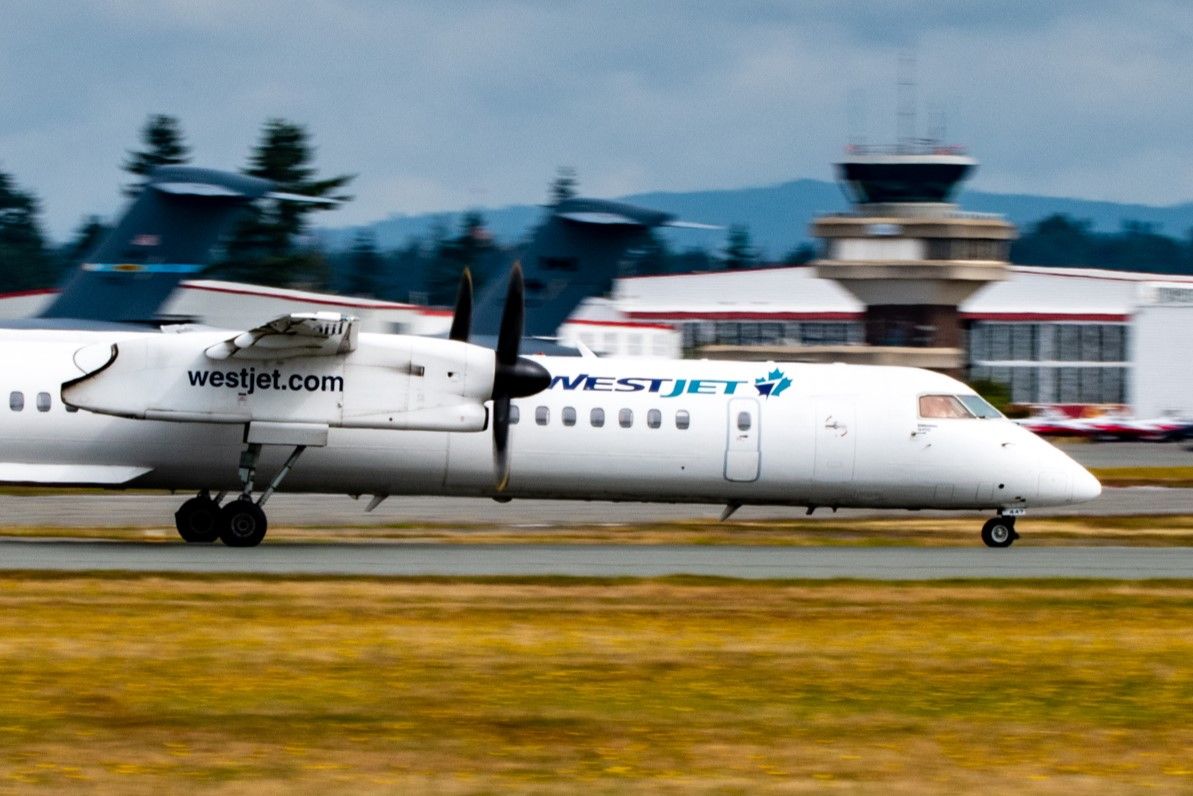
Related
WestJet Launches Daily Dash 8-Q400s Between Seattle And Kelowna
WestJet is adding another connection in Western Canada, with a new route between Kelowna and Seattle.
Recommendations to the federal government
The WestJet executive also took the opportunity to remind the government of the recommendations the carrier made in May on behalf of its employees and customers. These included:
- Undertaking a comprehensive review to determine if the user-pay model for aviation infrastructure works for Canadian travelers.
- The federal government should freeze all mandatory fees and charges until it concludes such a review.
- The collection of rent from Canadian airports as a duplicative charge should be stopped permanently as it is non-transparent in its use.
Photo: Robin Guess | Shutterstock
WestJet again requested the government consider these recommendations made earlier this year to improve travel affordability within the country. Gibbons ended the letter by conveying his disappointment that the study’s Terms of Reference did not address some of the most pressing challenges to keeping competition alive in Canada’s aviation industry. But he hoped that the government would eventually make meaningful changes to its policies in favor of its citizens.
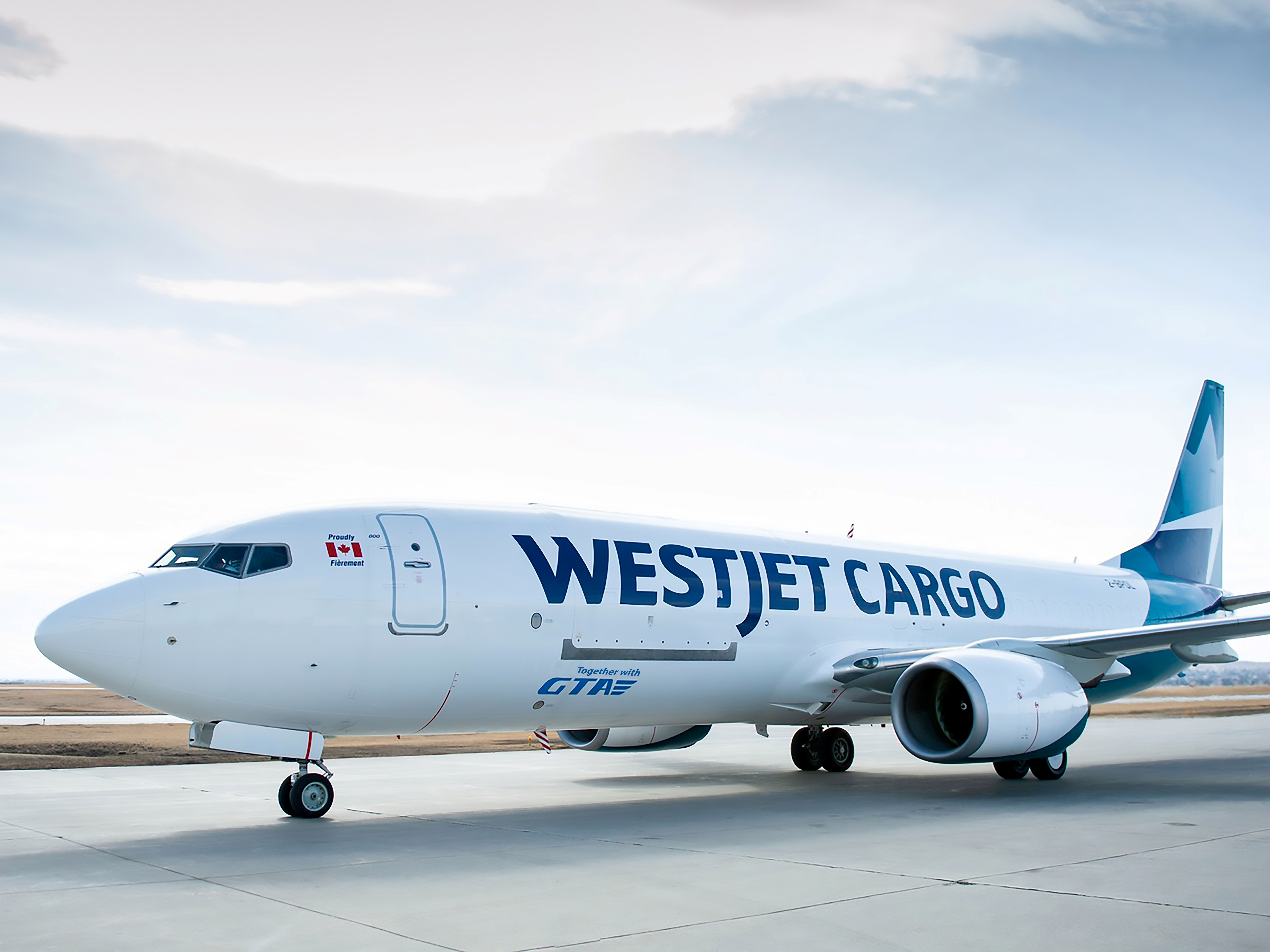
Related
WestJet Cargo Launches A New Initiative Aimed At Canadian University Students And Staff
The new initiative has been nicknamed Campus’Air

